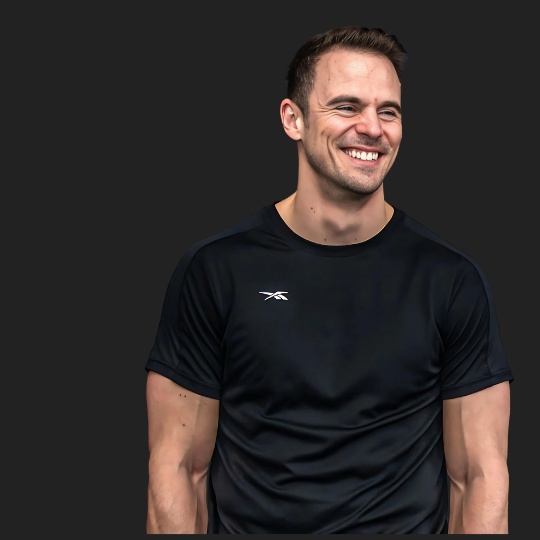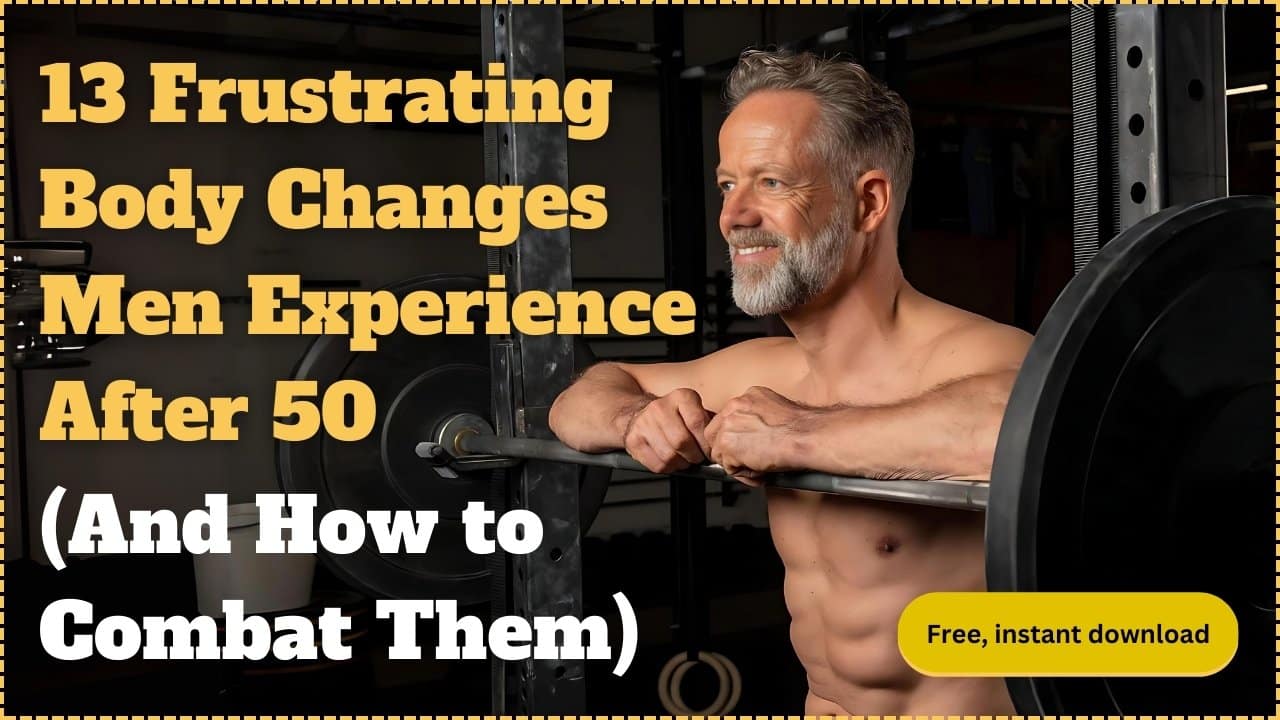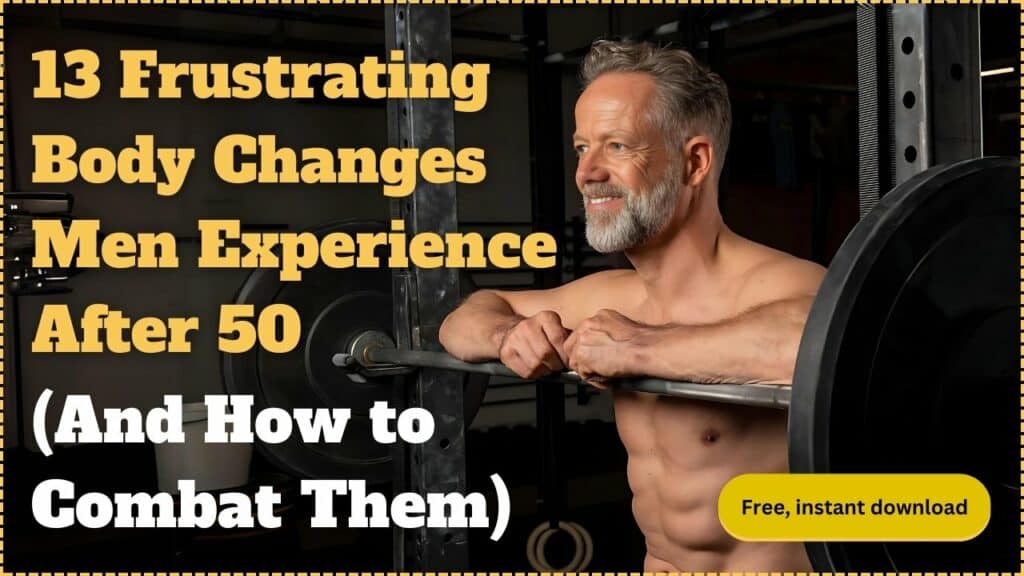Every weekend, hundreds of CrossFitters around the world attend an L1 seminar, pass their exams and become certified CrossFit coaches. The best CrossFit coaches blend excellent bedside manner with easy-to-understand instruction, and have a knack of controlling the ebb and flow of a class so that each athlete gets the most out of their hour at the box. Of course, these coaches usually have years of experience to draw from, and will have made many mistakes and had numerous learning experiences along the way. But for a fresh recruit taking on the responsibilities of a coach for the first time, the idea of coaching a CrossFit class can seem pretty daunting. But to help out, we asked CrossFitters around the globe what traits they look for in a coach. We’ve come up with a list of things that new coaches should keep in mind when they begin leading their first few classes.
Jump to:
- 1. Be receptive to feedback
- 2. Get to know your athletes
- 3. Never stop learning
- 4. Personalize/Adjust for the individual athlete
- 5. Coach everyone
- 6. Know when to motivate, and when to teach
- 7. Give your athletes a break
- 8. Give your athletes ownership
- 9. Be professional
- 10. Don’t blur the lines
- 11. Are you there to coach, or are you there to get paid?
- 12. Have fun!
1. Be receptive to feedback
Much like athletes must check their ego when it comes to scaling and weight choices, so too must the CrossFit coach when they are being provided with (what is hopefully) constructive criticism. It may come from a fellow coach or an athlete in the class, but it’s important for a coach to understand that what they’re being told will help them become a better coach in the future. If no one ever gave you feedback on your performance at work or at the box, you’d be foolish to think that everything was going smoothly. No—you will make mistakes, and you need someone to let you know where you messed up and how you can improve. It’s then up to you to remain grounded and heed the advice of others—chances are most of it will be incredibly useful.
2. Get to know your athletes
It’s important for every coach (both new and seasoned) to take the time to familiarize themselves with the people who walk through the gym doors. Learn their names, what they do for a living, why they started CrossFit, what fitness goals they have (no, every athlete isn’t trying to make it to the CrossFit Games, some just want to simply get in better shape), where they’re from, etc. Learn how to motivate them. Doing so will help forge a positive athlete-coach relationship and help the athlete trust that you are invested in their development in the sport.
3. Never stop learning
Knowledge is power, so do your research. You should actively watch YouTube clips from CrossFit’s coaching seminar series, as well as how they break down individual movements, drills, progressions and even tips on how to be an effective coach. Read multiple articles from multiple sources—not just CrossFit related. For example, if you want to be able to teach the finer points of the snatch, go to an Olympic Weightlifting site and find their articles/videos on the lift. This should be an ongoing process, and extends to learning from the experiences you have from class to class. An athlete might pose an interesting question after you demo a movement which makes you alter the way you show that movement in future classes. You’ll invariably learn the differences between coaching a class versus coaching the individual. You’ll figure out what works and adjust what doesn’t. This process will never end, so you should learn to enjoy and appreciate it. I’m sure even the most seasoned, professional CrossFit coaches are still learning new things each day they come into the box—but that’s part of the fun of being a coach in this sport.
4. Personalize/Adjust for the individual athlete
Not everyone in a class is going to be at the same level, which will pose a good test of your coaching ability. You need to quickly identify which athletes are more advanced, which are complete novices, and those that fall in-between. Of course, this will depend on the particular WOD or movement that is being practiced. But the point remains the same. If you have an athlete who is a skilled OLY lifter, then your time will be better spent checking on people who still need a lot of guidance in that area. If you know one athlete is going to need help scaling a workout, provide them guidance in choosing the respective weights and modified movements. It may take some time to recognize the varying levels of the athletes at your box, but if you take the time to get to know them and watch them perform on a regular basis, you’ll soon develop a solid understanding of where each athlete lies.
5. Coach everyone
Every athlete—regardless of their level of ability or experience in CrossFit—needs to be coached. Every member who signs up for your class needs to receive some form of attention. More novice athletes will likely require more critical instruction and guidance, while savvy veterans will still need to be motivated and pushed to perform at a level you know they’re capable of. Leave no stone unturned. The last thing you want to happen is run a class where a couple of athletes feel left out as they didn’t receive any attention whatsoever.
6. Know when to motivate, and when to teach
When athletes are busy working their ass off in the middle of some vicious metcon, the last thing they want is for their coach to come along and tell them to “Stop, put the bar down. You need to tweak something in your cleans, you’re pulling too early.” Even though the coach may be right, the middle of the WOD may not the right time to teach an athlete. Overcoaching is a real thing! Of course, if the athlete in question is at risk of seriously injuring themselves—or others around them—then a coach must step in—regardless of what the athlete thinks. But if that’s not the case, the middle of the WOD is when a coach should be more focused on motivating his or her athletes rather than trying to teach them. Save the instruction for the more technical strength or gymnastic work that comes before the metcon or for when the athlete is done with the WOD.
7. Give your athletes a break
As a coach, sometimes you need to let things slide. (Most) CrossFitters are smart—they know when they’ve messed up, what they need to work on and even how they can go about correcting the issue. You’ll often see athletes self-evaluate a missed lift, and actually tell themselves to have quicker elbows or sit back on their heels or similar instruction as to what you would provide. In such instances, athletes may feel that you’re being condescending if you constantly make a point of telling them what they’re doing wrong and how they need to fix it. Sometimes you need to take a step back and just watch them move and store any advice you have for another time.
8. Give your athletes ownership
As a coach, you are an instructor, an educator a motivator and even a friend, but at the end of the day it’s up to the athlete to take ownership of their own fitness and health. You can show them the door, but they need to be the ones to walk through it. You’re job is not to make it as easy for them as possible.
9. Be professional
A CrossFit box is a social place where much gossip and drama is shared between people. But as a coach, it’s imperative that you stay away from that stuff. You don’t want to be overheard badmouthing an owner, another coach or (especially) one of your athletes. That creates friction and division within an affiliate, and might even get you fired. Remember, you set an example for your athletes to follow, and your affiliate is reflected by your attitude—both inside the gym and out. Respect your job, the box and its coaches/members and focus on the important things—helping people become healthier, fitter individuals.
10. Don’t blur the lines
You’re a coach. You’re not a doctor, you’re not a nutritionist, you’re a coach—and that’s perfectly fine. Sure, you may have some knowledge in each of those areas, but if someone comes to you asking for specific advice on a nagging injury or an area that requires more specialized attention, refer them to a professional that can provide more help than you can offer. It’s Ok to tell someone that you don’t know the answer to their question. Once again, swallow your ego and know where your areas of expertise start and where they stop.
11. Are you there to coach, or are you there to get paid?
Don’t get me wrong—you are providing a service and should be compensated accordingly for your time and effort. But you have to be in it for the right reasons. If your desire to become a CrossFit coach was or is motivated by money, don’t think that people won’t pick up on it. Your true motivation will be reflected in the way you coach and interact with those around you. So it goes without saying that you should become a coach because you love the sport and you want to help other people who share that same passion become better at it. That’s where your focus should be. The money will come, but it should be secondary to helping other athletes.
12. Have fun!
I’ve found that so many lists conclude with the typical cliché of “have fun!”, but there’s really no other way to put it. You should be having fun as a coach. The process of making mistakes, learning from them, getting to know your athletes and discovering a new side of CrossFit should be a positive experience. I’m sure you’ll have ups and downs as a coach—just as you would with any other job—but the good days should heavily outweigh the bad. If you are madly in love with what you’re doing, there’s not doubt you’ll find a way to be successful.
Photo courtesy of Expert Infantry/CC By 2.0















